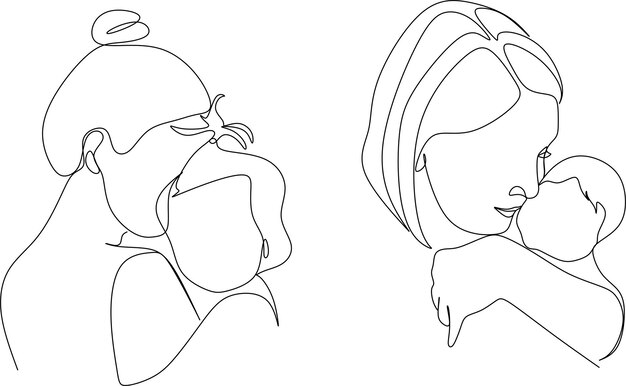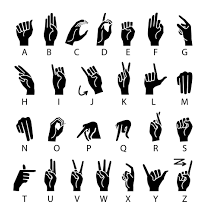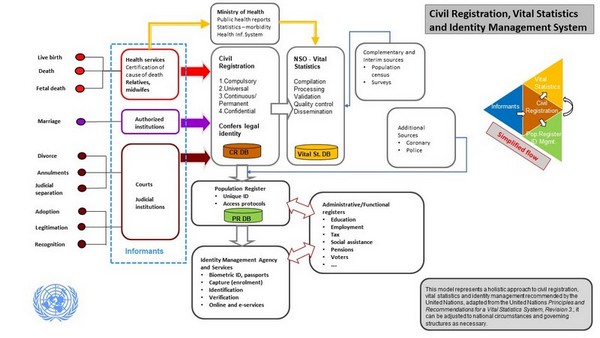Intended Project
These are pilot projects awaiting funding for implementation. Interested in supporting any of the projects please reach out to contact@networkaid.org

Pro-Poor Microfinance
Access to finance is a major challenge for persons with disability, and women especially disadvantaged and illiterate women with no collateral yet engage in business or trade that supports the family's wellbeing and children's school fees and household utilities. To contribute to addressing these challenges and fostering a healthy family, the pro-poor microfinance aimed at targeting 4800 women as direct beneficiaries with an average family size of 5 with a seed amount of a minimum of 250$ to 500$ which is a revolving fund. Training, mentoring and setting them up as cooperative, linked to other financial institutions is core to the project implementation. The project is to create wealth, and sustainable sustenance for the family of 24000. To support this project implementation click here

Keep Our Community Safe
Keep Our Community Safe is twelve months pilot non-violence and peace-keeping project aimed at solidifying community cohesion and strengthening community redress mechanisms to reduce crime (rape, battering, neighborhoods conflict, drug abuse). Training in non-violence, alternative dispute and redress mechanisms, sports, quizzes, and meetings will form part of the activities. 16 communities will be targeted with 1600 direct beneficiaries and 6400 indirect beneficiaries. To details and to support this click here.

Scholarship from the Back
Without prejudice to scholarships awarded to pupils of good academic performance by individuals and organisations; scholarship from the back believes hypothetically no human being is born "stupid" “If it is so” scholarship from the back intends to implement the notion of awarding scholarships to the ten worse academic performed pupils “if they perform well", the factors delimiting the children's academic performance need to be dealt with. The scholarships will target 1000 school pupils by providing them with school learning materials and equipment, tuition, tutors, and family engagement to boost their confidence and academic prowess. The project will be implemented for three academic (3) with 180$ per child for the entire school term. The scholarship is seeking funding to support the implementation. To support this project, click here

We Are Mothers
In line with the health and safety programme that focuses on awareness raising, advocacy, policy reform, and provision service delivery, this project intends to contribute to the health and well-being of women related to their sexual reproductive health, mental health, and cancer by raising awareness and providing clinical screening support for 50000 women, assorted medications and clinical equipment for eight (8) clinics with an estimate of 17000$, construction and rehabilitation of eight (8) clinics with an estimate of 30000$ each.
One of the three objectives of the study was to “Issuing a call to action for all organizations working to improve the lives of women and girls worldwide, urging them to integrate mental health support into their work” which Network AID is obliged to.
Women and Girls: Empowerment through Mental Health Report “Women experience more stressors simply by being women in the world today. 90% of practitioners surveyed agree. Mental health is foundational to women’s empowerment. 97% of practitioners agree that investing in mental health improves the sustainability of empowerment outcomes. Not enough is being done. 61% of practitioners agree that mental health is not adequately integrated into gender equality and empowerment work. Funding is the largest barrier to progress. 82% of gender organizations don’t receive any funding for mental health work, despite this, 55% of organizations now integrate mental health”.
Key facts from World Health Organisation, state every day in 2020, almost 800 women died from preventable causes related to pregnancy and childbirth. A maternal death occurred almost every two minutes in 2020. Between 2000 and 2020, the maternal mortality ratio (MMR, number of maternal deaths per 100, 000 live births) dropped by about 34% worldwide. Almost 95% of all maternal deaths occurred in low and lower-middle-income countries in 2020. Care by skilled health professionals before, during and after childbirth can save the lives of women and newborns. Sub-Saharan Africa and Southern Asia accounted for around 87% (253,000) of the estimated global maternal deaths in 2020. Sub-Saharan Africa alone accounted for around 70% of maternal deaths (202,000), while Southern Asia accounted for around 16% (47,000).
World Family Planning 2020 Highlights, mentioned, globally, the proportion of women of reproductive age who have their need for family planning satisfied by use of modern methods, indicator 3.7.1 of the Sustainable Development Goals (SDGs), has increased from 73.6 per cent in 2000 to 76.8 per cent in 2020. Relatively rapid increases in the use of modern contraceptive methods have occurred in Central and Southern Asia, Latin America and the Caribbean, sub-Saharan Africa, and Western Asia and Northern Africa. Still, only about half of all women who want to avoid pregnancy are using a modern method in Oceania excluding Australia and New Zealand (52.1%) and in sub-Saharan Africa (55.5%)
According to UNFPA Sierra Leone, the percentage of teenagers (15–19) who have given birth or are pregnant with their first child decreased from 28 per cent in 2013 to 21 per cent in 2019. Early childbearing is still common in Sierra Leone and in 2019, the median age at first birth among women aged 25–49 was 19.5 years. Twenty-five per cent of women and girls of reproductive age who want to plan their families do not have access to modern family planning services. The proportion of demand satisfied for family planning remains low at 46 per cent.
To support this three years project click here for more information.













